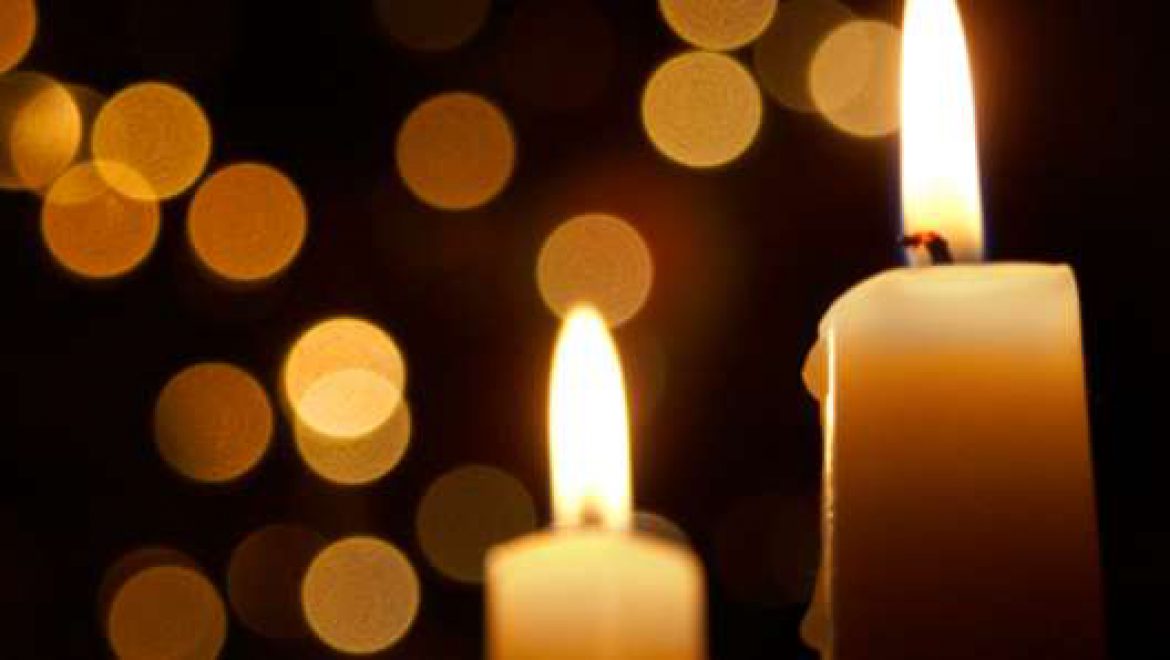
This excerpt notes the universally recognized power of fire, as well as its particular significance in Jewish ritual, such as lighting Shabbat and Hannukah candles and the Havdalah ceremony. It comes from «The Jewish Catalog: A Do-It-Yourself Kit,» a collection of articles aimed at Jews of any background who are looking to become personally involved in all aspects of Jewish life, compiled and edited by Richard Siegel, Rabbi Michael Strassfeld and Sharon Strassfeld.
The Light in Our Lives
As a ceremonial object or art, the candle is generally overlooked, yet it has great significance. Whether intended for practical purposes such as providing light, or for more evocative, quasi-magical ends, such as rekindling the winter sun, almost every festival and celebration incorporates the use of candles at some point.
Fire is universally recognized as one of the basic elements of the world. It is mysterious, frightening, mesmerizing. Its attraction is almost irresistible. In the Kabbalah, the image of a multicolored flame emanating from a candle is taken as a metaphor for God’s relation to the world and man. The flame is a single entity, yet it appears to be undergoing constant change. The flame adheres to, relies on, and appears to emanate from the candle, yet is a distinct and separate entity. The white interior of the flame is constant, but its exterior is always in motion and changes color.
Reducing fire to a few metaphors, however, robs it of its natural power and mystique. Fortunately the tradition, by incorporating the lighting of candles into the celebratory cycle in a number of different ways [e.g., Shabbat candles, Havdalah (at the end of Shabbat), Hanukkah candles, memorial candles], left open the possibilities for recognizing the many potentialities of fire. It is for us to rediscover those potentialities and allow them to “illumine our eyes.”
On Friday night, candles are in the house for the sake of harmony in the home – shalom bayit and the joy of Shabbat – Oneg Shabbat, while enjoying the Shabbat candle light in the room where the Sabbath meal is eaten.


